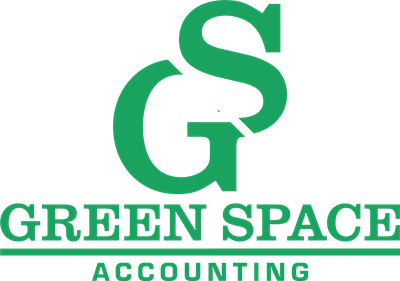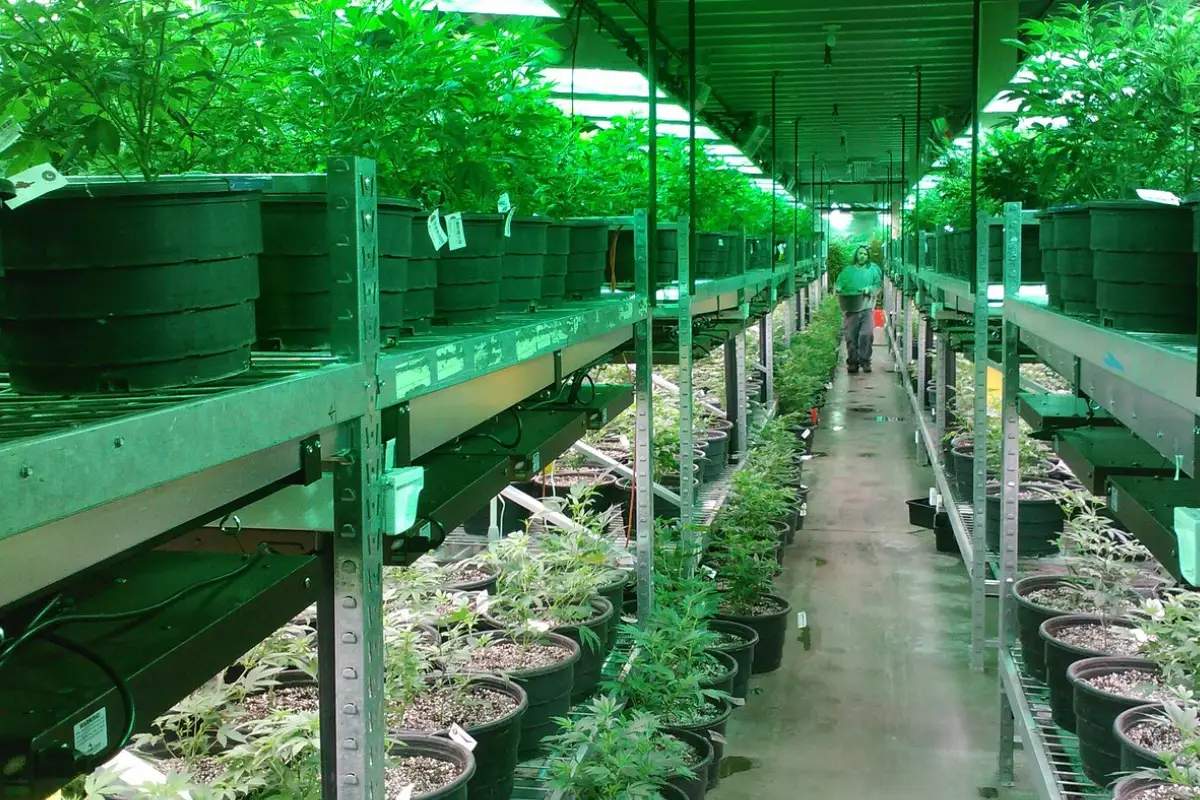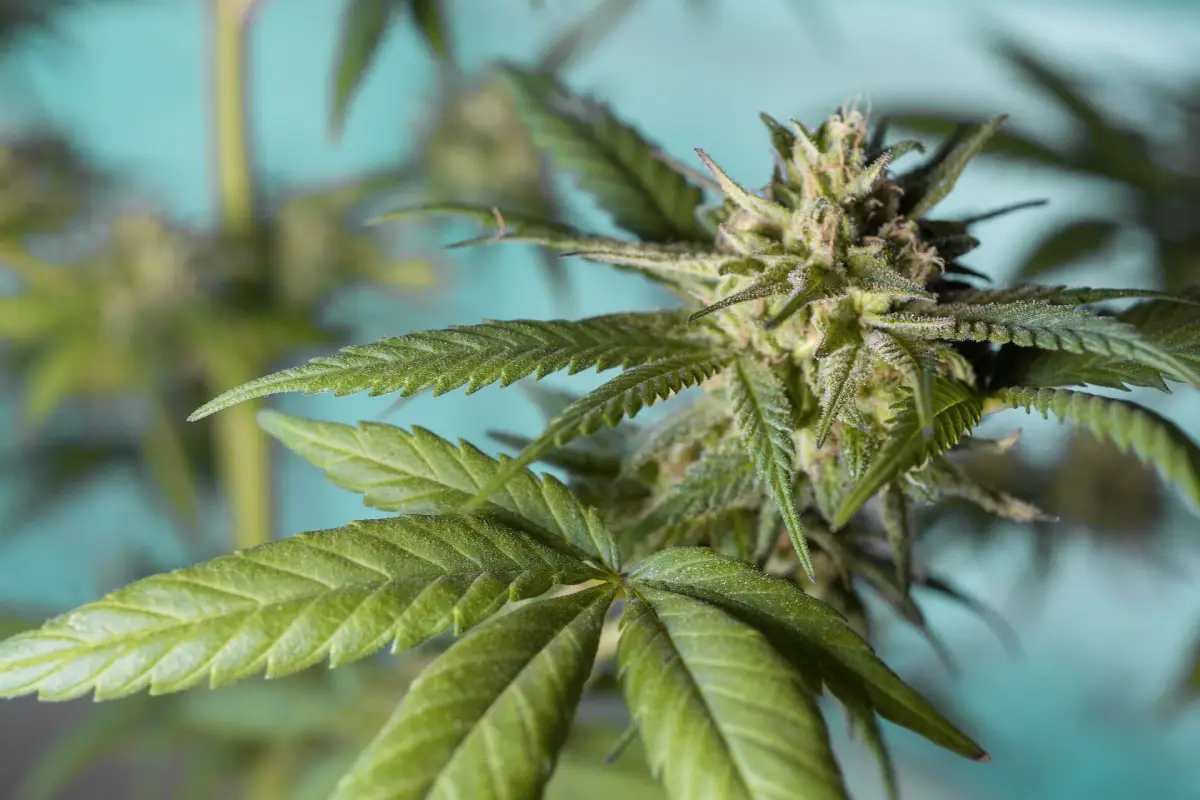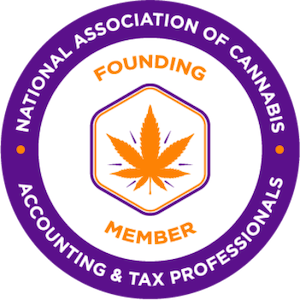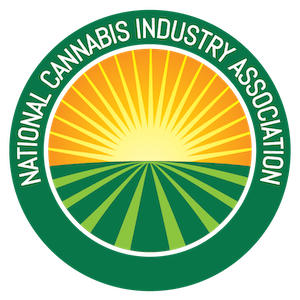
Deciphering The COGS Equation: Where Do Cannabis Testing Fees Fit In?
Unlocking the true nature of cannabis testing fees and their classification as Costs of Goods Sold (COGS) is a matter of utmost importance for businesses operating in the cannabis industry.
As the industry grows and regulations evolve, the complexity of accounting for these fees becomes increasingly apparent.
While some argue that cannabis testing fees should be considered direct costs tied to the production and sale of cannabis products, others caution against including them in COGS due to potential legal implications.
The debate is fueled by federal laws such as Section 280E, which disallows deductions for expenses related to controlled substances, including cannabis.
Additionally, state-specific regulations further complicate the picture, as requirements for testing can vary widely.
Navigating this intricate landscape necessitates a thorough understanding of accounting principles, compliance obligations, and industry-specific nuances.
By partnering with Green Space Accounting, cannabis businesses can tap into the expertise of professionals who specialize in cannabis accounting.
With our guidance, businesses can make informed decisions, maintain accurate records, and optimize financial management, all while ensuring compliance with the ever-changing regulatory environment.
Secure your cannabis business’s financial stability and success by contacting Green Space Accounting today for a consultation with our team of cannabis accounting experts.
Legal And Regulatory Environment
The legal and regulatory environment surrounding the classification of cannabis testing fees as Cost of Goods Sold (COGS) is complex and multifaceted.
In the United States, cannabis businesses must navigate a labyrinth of federal and state laws.
On a federal level, one particularly relevant law is the Internal Revenue Code Section 280E.
Implemented in the 1980s to target drug traffickers, 280E states that businesses involved in the sale of Schedule I or II substances, including cannabis, cannot deduct ordinary business expenses from gross income.
However, they can deduct COGS. The question arises then, do cannabis testing fees qualify as COGS under this law? The answer isn’t entirely clear, and it’s a point of contention in the industry.
On a state level, regulations concerning cannabis testing can vary widely, influencing whether these costs are incorporated into COGS.
These regulations outline the types and frequencies of required tests, directly affecting the amount and categorization of testing fees.
As such, the classification of these fees may differ from one state to another. Understanding these regulations is crucial to compliant and efficient financial operations in the cannabis industry.
Accounting Principles For Cannabis Business Expenses
Accounting principles for cannabis business expenses require a careful consideration of direct and indirect costs.
Direct costs are expenses that can be traced directly to a product or service.
This typically includes direct labor, raw materials, and other expenses directly tied to the production of goods, such as cannabis testing fees.
Indirect costs, on the other hand, are expenses that cannot be directly linked to a product or service, like overhead costs, marketing expenses, and office supplies.
When it comes to cannabis testing fees, they could be viewed as direct costs since they are necessary for ensuring the product’s quality and compliance with safety standards, directly contributing to the creation of the sellable product.
However, the classification of these fees as COGS under federal tax law is a nuanced issue.
While some argue that these fees are directly tied to the production of cannabis and should be included in COGS, others caution that the existing legal and regulatory landscape may not support this view.
This ongoing debate underscores the importance of careful, informed decision-making in cannabis business expense accounting.
Cannabis Testing Fees As Cost Of Goods Sold (COGS)
The categorization of cannabis testing fees as a Cost of Goods Sold (COGS) is a matter of debate within the cannabis industry.
The arguments for including these fees in COGS hinge on the view that testing is a necessary step in the production and sale of cannabis products.
Quality testing ensures product safety and compliance with both state and federal regulations, making it an integral part of the cost to bring cannabis to the market.
Thus, proponents argue, these fees are a direct cost associated with the production of cannabis.
However, there are arguments against this categorization as well. Primarily, U.S. federal law, specifically Section 280E of the Internal Revenue Code, disallows deductions of expenses in the trade of controlled substances, which includes cannabis.
Since testing fees can be viewed as an expense rather than a part of the COGS, some businesses and accountants refrain from including these fees in COGS to avoid potential legal repercussions.
This remains a complex, unsettled area in cannabis accounting, and it underscores the need for expert advice in navigating such decisions.
Best Practices For Cannabis Business Accounting
Effective cannabis business accounting goes beyond understanding regulations—it also necessitates accurate record keeping and professional guidance.
Given the unique regulatory challenges in the cannabis industry, maintaining detailed records of all business expenses, including cannabis testing fees, is critical.
This can help businesses accurately calculate their Cost of Goods Sold (COGS), track their cash flow, and prepare for potential audits.
Employing a robust accounting system that can handle the complex nuances of cannabis accounting is essential.
This could mean investing in specialized cannabis accounting software or outsourcing bookkeeping to a firm experienced in cannabis accounting.
Moreover, consulting with accounting and legal professionals who understand the specific landscape of cannabis business accounting is paramount.
These experts can provide the latest information on regulatory changes, assist in making decisions like whether to include testing fees in COGS, and help safeguard the business against potential legal issues.
In an industry as complex and evolving as cannabis, professional advice can be invaluable.
Final Thoughst On Cannabis Testing Fees Costs Of Goods Sold
In conclusion, the categorization of cannabis testing fees as Cost of Goods Sold (COGS) is a complex issue that requires careful consideration and expert guidance.
The dynamic nature of the cannabis industry, coupled with evolving regulatory frameworks and the potential impact of Section 280E, necessitates the expertise of professionals who specialize in cannabis accounting.
At Green Space Accounting, we understand the intricacies of cannabis business accounting and the challenges surrounding testing fees.
Our team of experienced professionals can provide comprehensive guidance tailored to your specific needs, ensuring compliance with regulations and optimizing financial management.
Don’t navigate the complexities of cannabis accounting alone.
By partnering with Green Space Accounting, you gain a trusted advisor who will work with you to maximize deductions, maintain accurate records, and navigate the ever-changing regulatory landscape.
Our commitment to your success and expertise in cannabis accounting sets us apart.
Take the next step in achieving financial stability and compliance for your cannabis business.
Contact Green Space Accounting today to schedule a consultation with our cannabis accounting experts.
